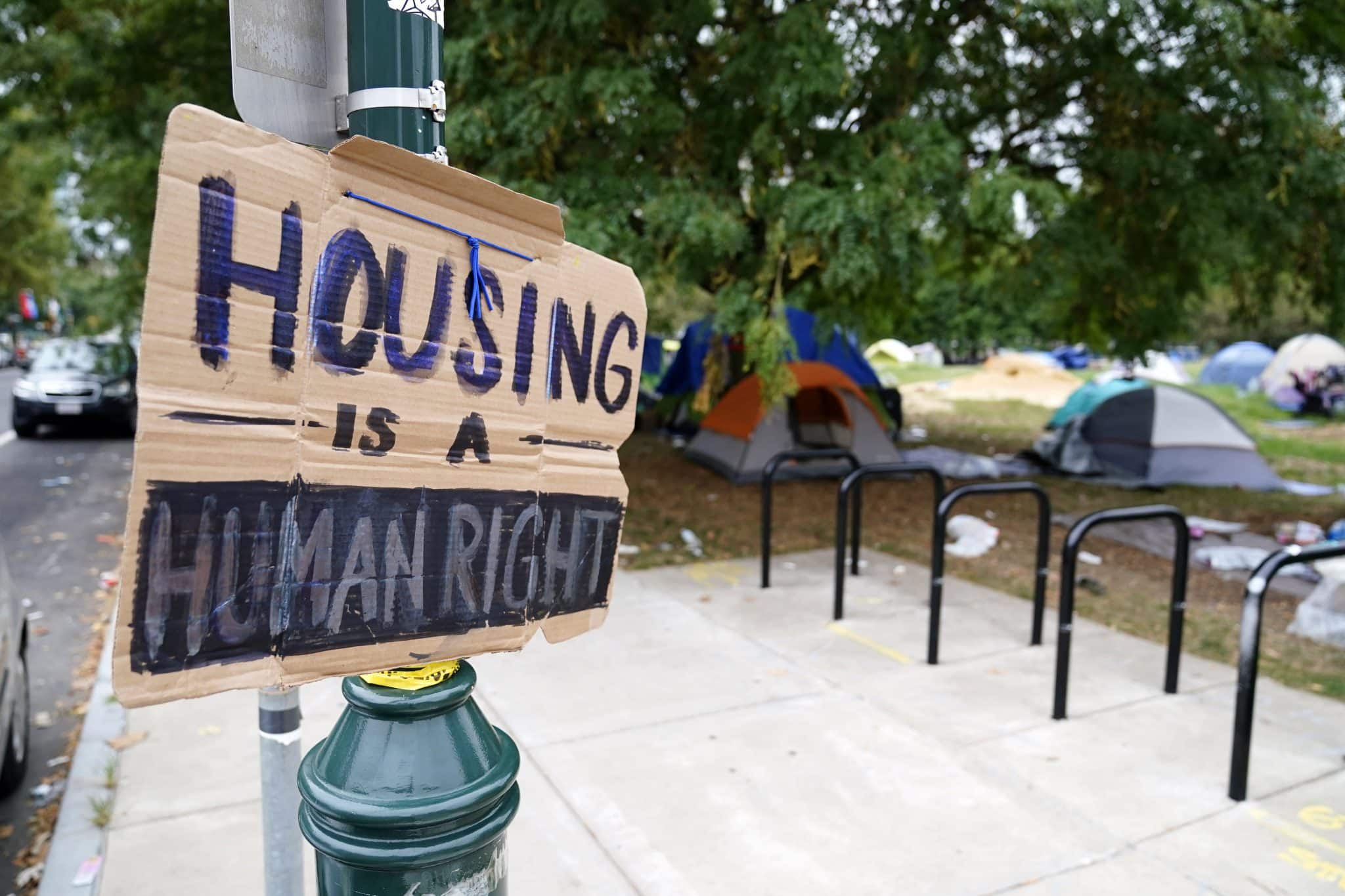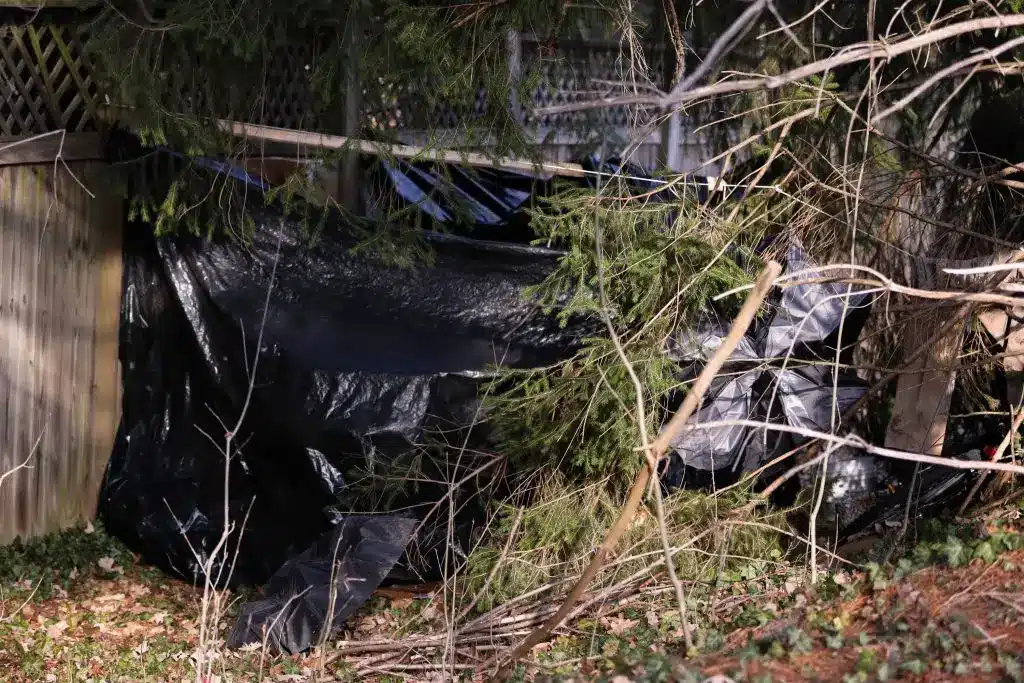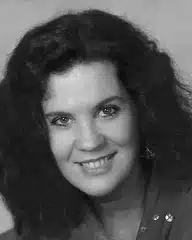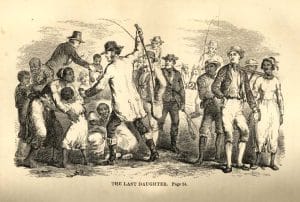It’s been a year since the Supreme Court decided Grants Pass v. Johnson, ruling that municipalities could criminalize homeless people for sleeping outside – even if there is nowhere else for them to take shelter. Since then, homelessness has risen across the country, especially in Bucks County which reported a 25 percent increase this past January.
Now Pennsylvania lawmakers are joining in on the cruelty.
SB 780 passed the state Senate Wednesday 34-16, with seven Democrats joining Republicans to send the bill to the House. The Democrats who voted for the bill are: Sen. Lisa Boscola, Sen. Jay Costa Jr., Sen. Nick Miller, Sen. Nicholas Pisciottano Jr., Sen. Steve Santarsiero, Sen. Judy Schwank, and Sen. Christine M. Tartaglione.
Amy Sturges, Executive Director of the Pennsylvania Municipal League, opposed the bill. She told the Bucks County Beacon, “We did provide comments before it was voted out of committee asking them to hold the bill and saying that we were opposed.”
The league has several reasons why they feel the bill is a bad idea. “It’s an unfunded mandate, which means that it’s telling municipalities that they need to do something and not providing any funding to help them with the required action.”
And, she said, it puts her membership at risk. “The bill exposes municipalities to liability, to court expenses and attorney fees. And it requires a waiver of governmental immunity in certain circumstances, so it’s just not something that municipalities are going to find helpful.”
SB 780, if passed into law, also encourages private citizens to turn in their neighbors by reporting to the municipality anyone sleeping in the rough.
“SB 780 treats homelessness not as a crisis to be solved, but as a nuisance to be removed. The bill dehumanizes people experiencing homelessness—reducing their presence to a public inconvenience rather than recognizing their humanity.”
Once a community member identifies people experiencing homelessness, municipalities or private property owners must move the people along and destroy the camp. Any municipality that does not comply, will be fined $250 per site, per day, that the local government fails to demolish a person’s open-air habitat. Fines are assessed by the Commonwealth Court. The text of the bill may be read here.
Sturges added that there’s also a humanitarian aspect to the bill. Even after all the expense and red tape, “It doesn’t address the homelessness issue on any comprehensive basis. And we just can’t move homeless people from one place to another. There are other social services and other aspects that need to be utilized to help.”
Becky Latshaw, one of those social service workers who already has her hands full as a street outreach worker for Valley Youth House – which has locations in Bucks County – isn’t quite sure how this bill is supposed to curtail homelessness. She says that if the 18 to 24 year olds she works with had somewhere else to go, they’d already be there. Latshaw says bulldozing camps will, “cause trauma to people who are already on the edge of society.”
READ: Nearly 1 in 3 Families with Children in Bucks County Are Struggling Economically, Says New Report
Latshaw added, people generally pitch their tent where they need to be. “A lot of them work full-time. They have their jobs nearby or their transportation is set up.”
Latshaw stressed that the camps contain personal possessions just like housed people’s residences do. “Some of them really set up quite a home – a full environment and [clearing a camp] causes them to just lose everything because they can’t even carry everything to relocate. Things are definitely lost, their basic survival needs,” are hauled away and discarded.
Carlisle Mayor Sean Shultz serves in a town that has repeatedly held public hearings about community homelessness. And while some folks have been in favor of clearing camps – indeed Shultz’s own state Senator, Greg Rothman, is a co-sponsor of SB 780 – the majority of vocal constituents in his borough remain against the practice of moving people who have nowhere to go.
PHOTO ESSAY: Bucks County Code Blue Shelter Helps Protect Local Homeless from Life-Threatening Cold Temperatures
Shultz is against the state instructing municipalities to destroy the makeshift dwellings that shelter some of the residents. “SB 780 treats homelessness not as a crisis to be solved, but as a nuisance to be removed. The bill dehumanizes people experiencing homelessness—reducing their presence to a public inconvenience rather than recognizing their humanity.”
Additionally, Shultz has a real problem with the details of the bill itself. “This framing is not only harmful — it’s morally troubling. The bill empowers municipalities and private citizens to initiate legal action to remove encampments, yet it offers no funding for shelter, housing, mental health care, or outreach services.”
And the mayor asks, what are people experiencing homelessness to do? “There is no plan for where people are supposed to go—only a mandate that they be moved. In effect, SB 780 will simply push unhoused individuals from one location to another, perpetuating a cycle of displacement without ever addressing the root causes of homelessness.”
Latshaw agrees.
When asked what she can do for people who lose their homes today, after a long pause she answered, “Well, there’s the 211-phone number that you can call. It’s a continuum of care kind of database. You can call it in general just for any type of resources, like food banks or shelters, but it also is a data bank of all the homeless individuals and that is how you get referrals to shelters.”
Latshaw continued, “But honestly, there’s a thousand some people on the list. I know up here we have shelters, the family shelters could literally be a three to six month waiting list and that’s one thing people don’t realize. When someone becomes homeless tonight with their family, there’s nowhere, nowhere to go.”
“In effect, SB 780 will simply push unhoused individuals from one location to another, perpetuating a cycle of displacement without ever addressing the root causes of homelessness.”
The people not in shelters today could be the people reported on tomorrow; if the Pennsylvania House passes their version of the bill. Latshaw spoke emphatically, “There’s a lot of families in cars. I mean there just isn’t anywhere [for them to go].”
Eric Tars, Senior Policy Director at National Homelessness Law Center, has been expecting bills like Pennsylvania’s SB 780 ever since “the Supreme Court said that communities were free to pass these kinds of laws. But that doesn’t mean that they have to, and it doesn’t mean that it’s the best policy.”
Tars thinks Pennsylvanians should think carefully about how they want to treat their neighbors. “If we all have the same goal of not seeing our fellow Pennsylvanian living on the street then we should all agree that we want to do that in the best, most effective way.”
After years of experience, Tars knows that the best answer is not “a camping ban or a policy that’s gonna cost Pennsylvania’s municipalities money because they’re forced to evict encampments quickly rather than in a way that makes sure everybody gets adequately housed.”








